
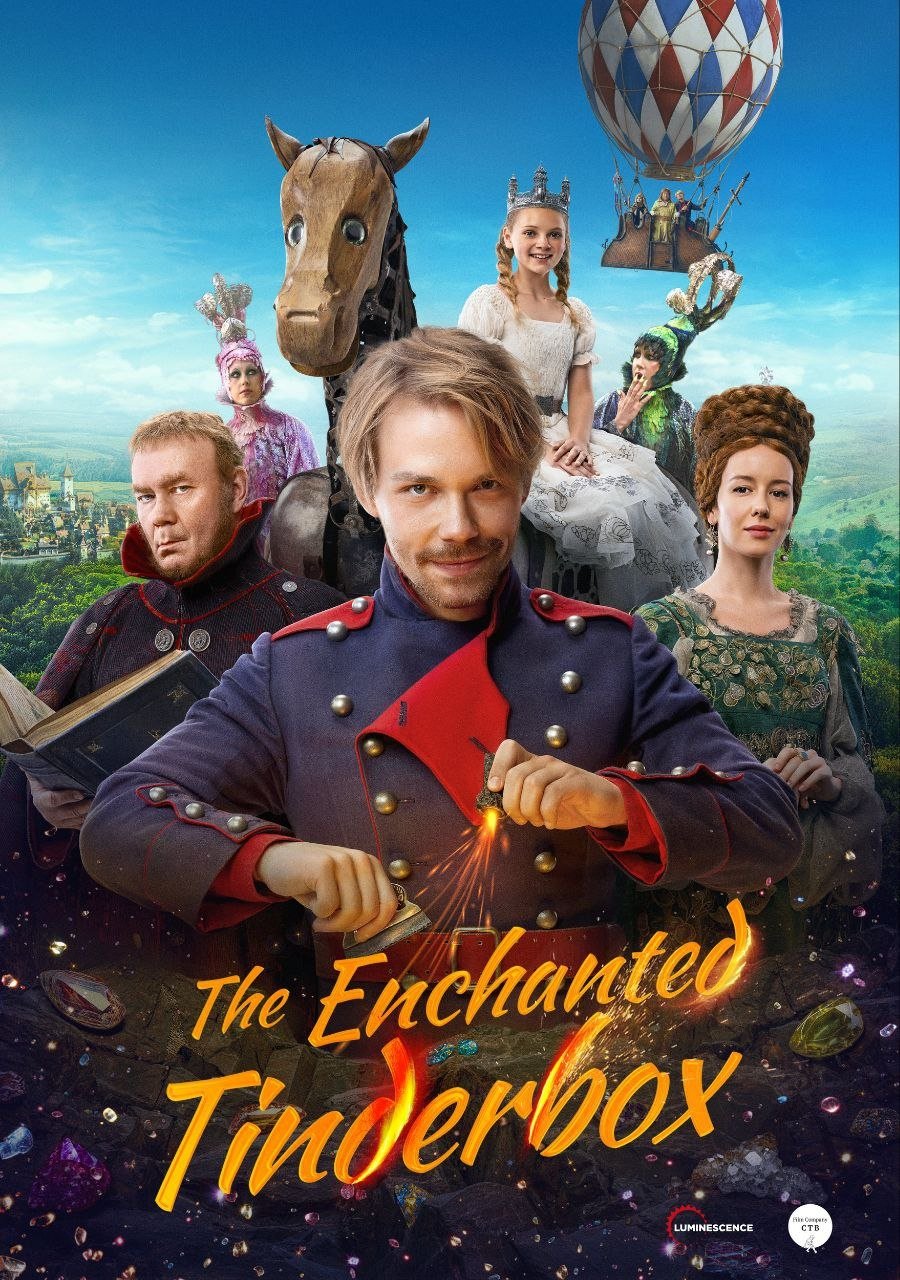
In a kingdom shrouded in darkness, the malevolent VileGuile seized power, casting a wicked enchantment over the Queen and imprisoning the blind little princess, Darya, within the Enchanted Tinderbox. Fate intervenes as the box finds its way into the hands of the carefree roisterer Johnny whose only dream was to live an easy life. Travelling with Darya, John undergoes a profound transformation. His once-selfish nature gives way to courage and generosity, evolving into a true hero. Alongside their faithful companions, the merry aeronaut Jean and the magical horse Good Pathfinder, John and Darya's journey takes them to the sombre caves of dwarf miners, where they forge the unbreakable friendship, and to the ethereal sky kingdom of magic ladybirds, leading John to understanding the boundless power of love and self-sacrifice.
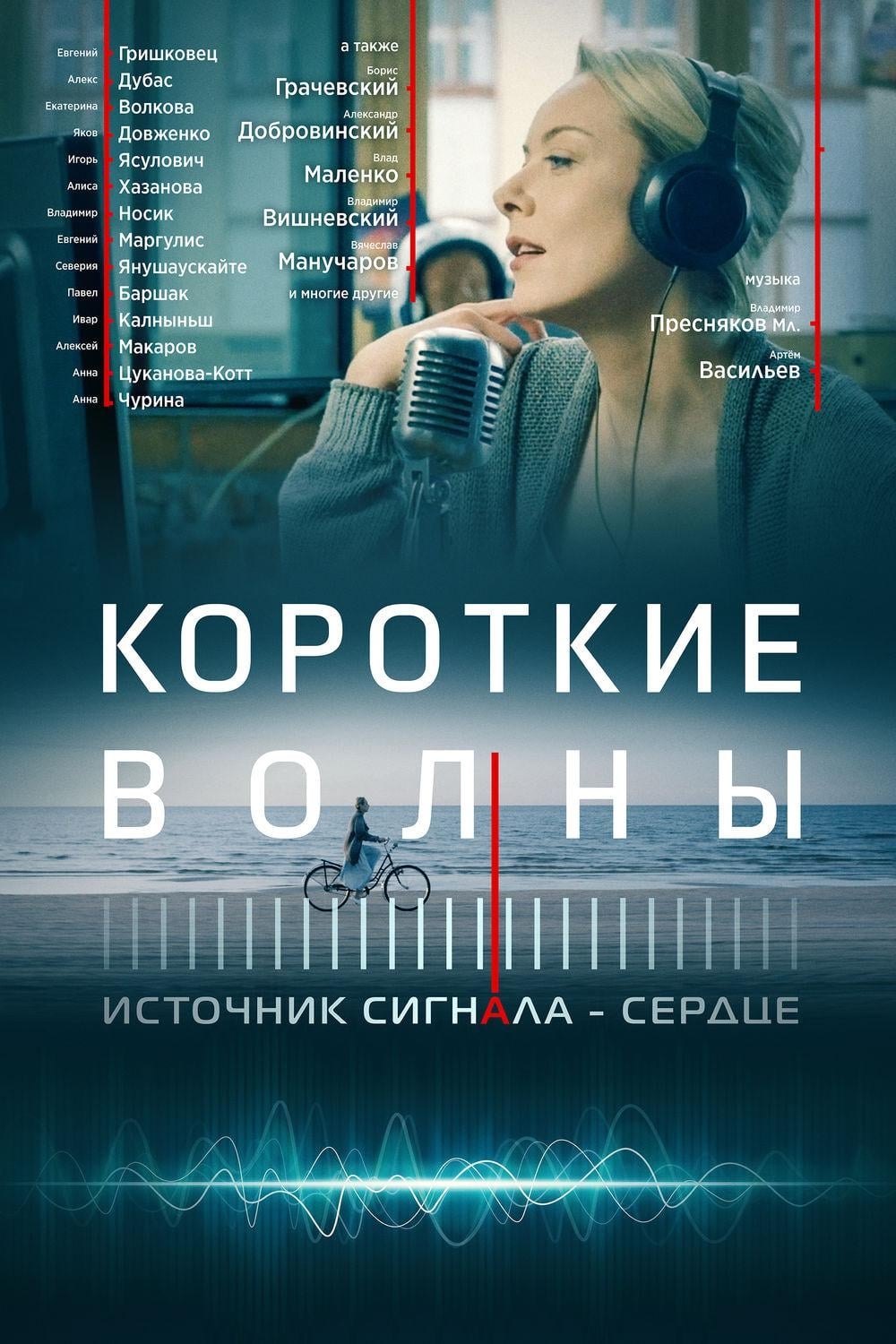
Five novels about a radio network in our life. Someone use it as a tool for influence, someone for an expression of feelings and someone just for cynical calculation.

The Russian president decides to go on vacation. To do this, he changes his appearance with the help of prosthetics and make-up, but the hapless artist takes the cover image of the first magazine he sees laying around, and now the President looks exactly like the narcissistic marginal Valera who's hiding from the collectors. Ironically, the FSO's vigilant employees put surveillance on the wrong subject and while the real head of state plunges into commonness, goes on a road trip with fellow traveler Zina, Valera gladly enjoys the presidential service, simultaneously voicing opinions on foreign and domestic policy issues ...
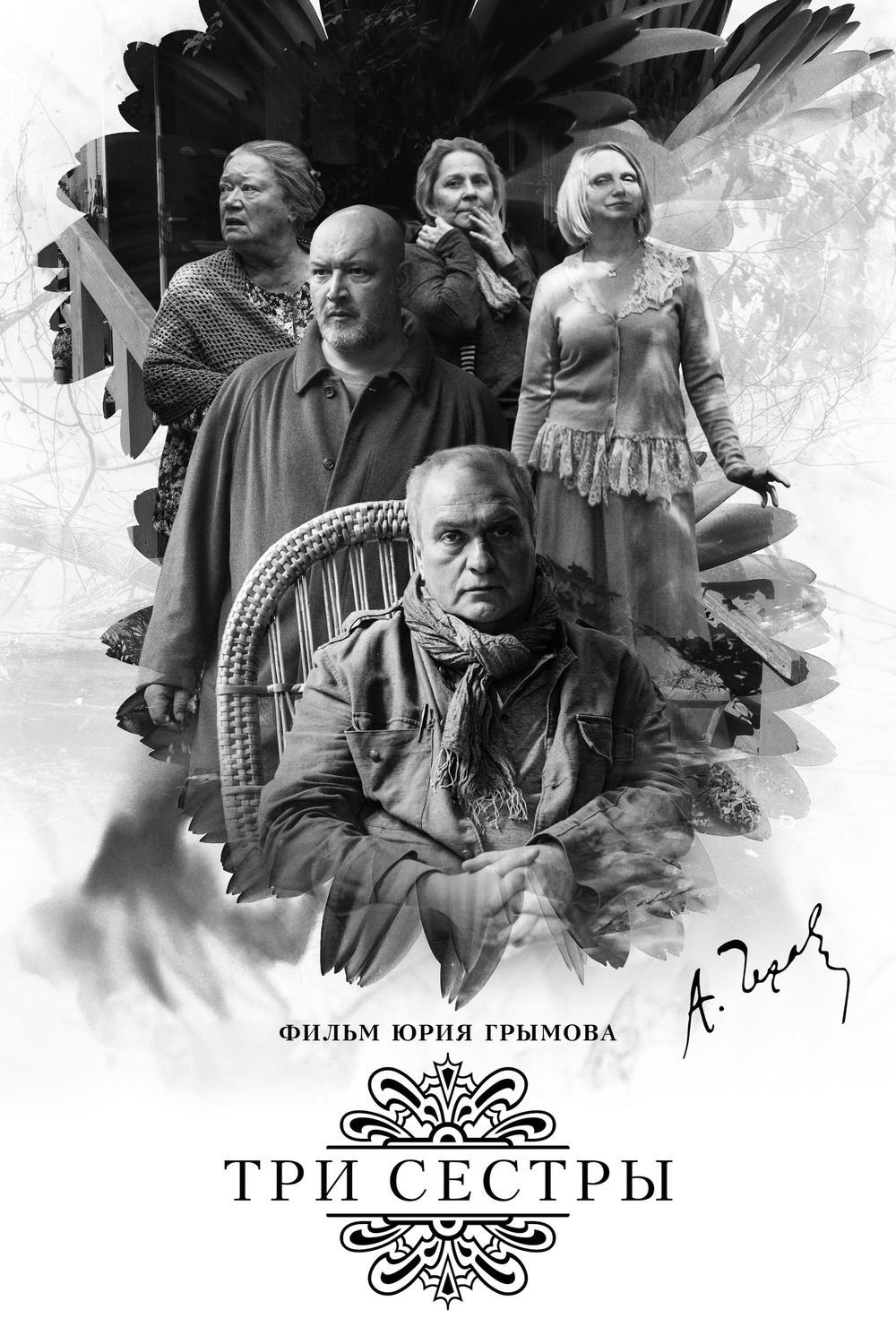
Preserving the text of the play, the amazing dialogues, the brilliant characters, we have transposed the action into today’s Russian provinces and changed only one thing: the age of the heroes. In Anton Chekhov’s play the heroines are aged around 25; now they are 55. What does that do? The heroes’ retorts, stylistically inappropriate from today’s twenty-year-olds, are absolutely organic for the older generation, the ‘Soviet’ intelligentsia. The problems of Chekhov’s classical work concerning the search for a meaning in life, the loss of ideals, the fear before death without having achieved anything in the world, the desire to be useful to others – all these things are also a typical attribute of the Soviet intelligentsia.

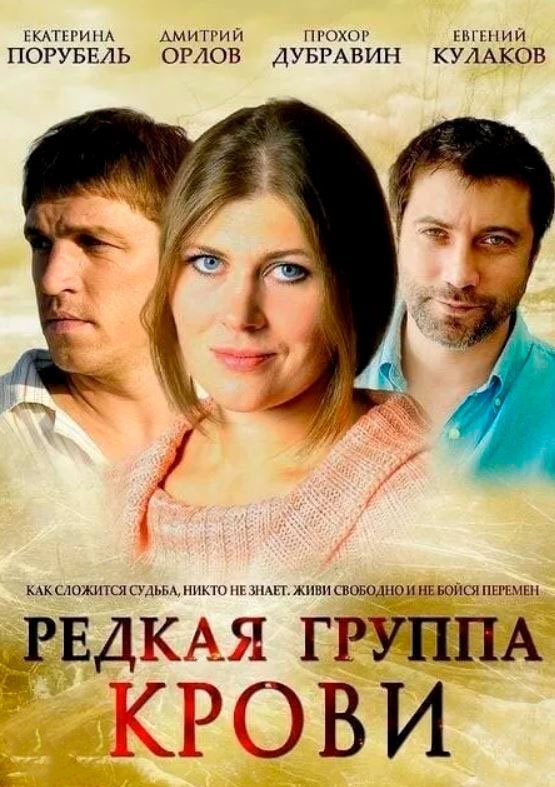
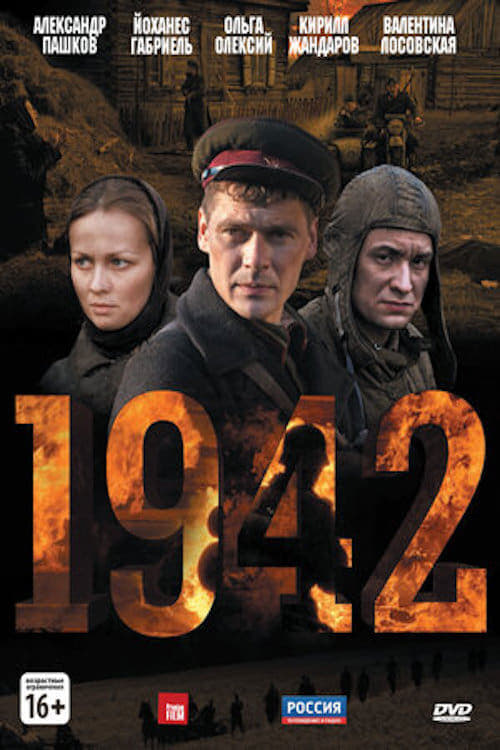
By browsing this website, you accept our cookies policy.